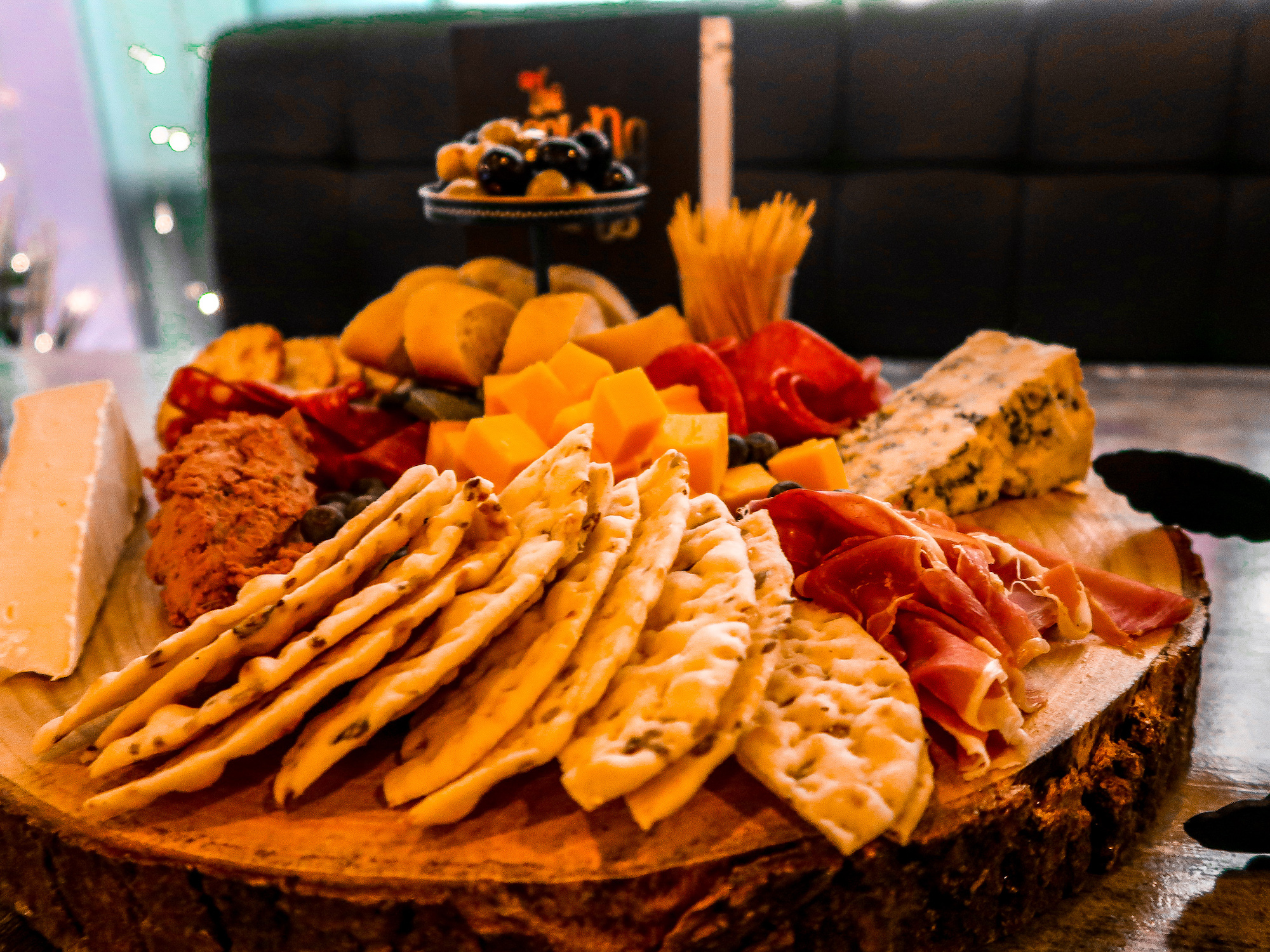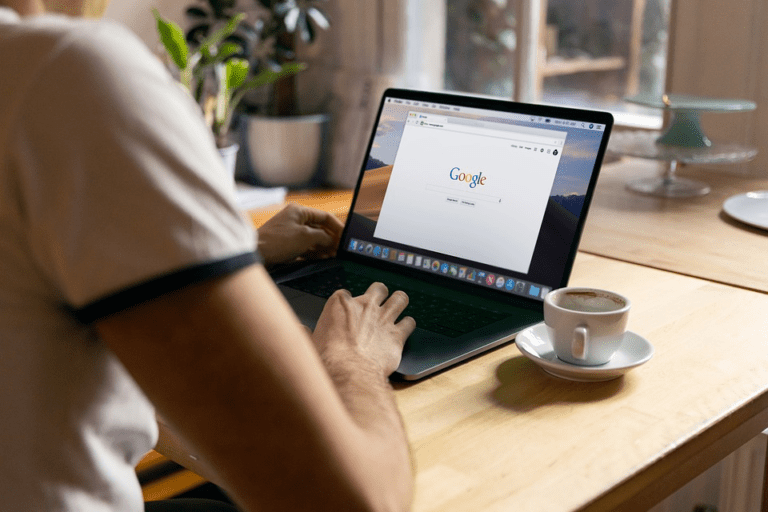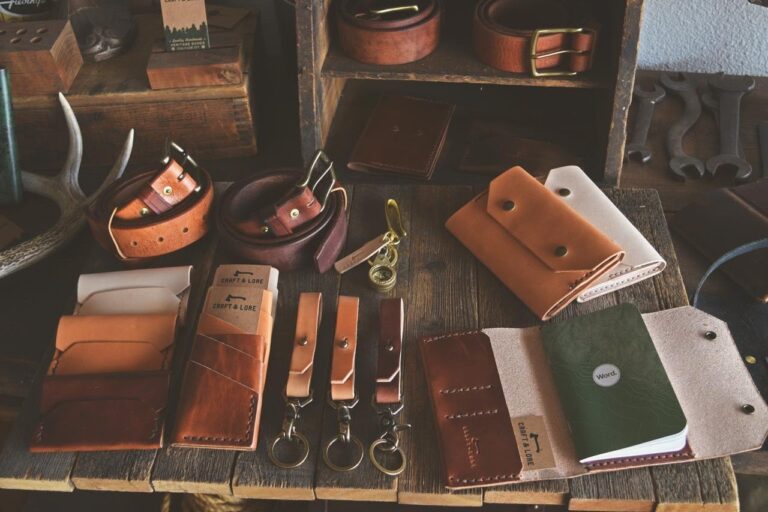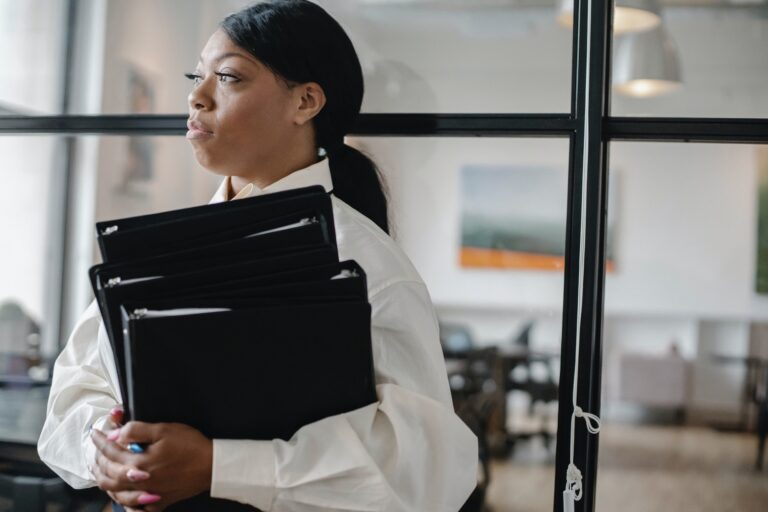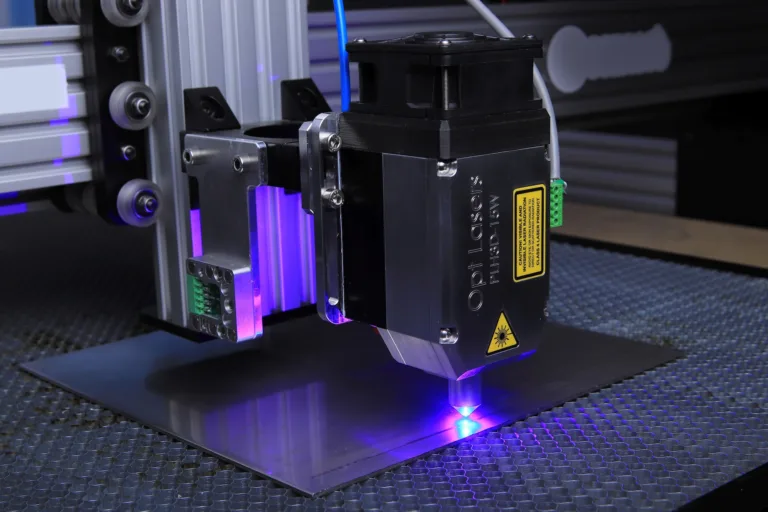What You Need To Know As Blogger & Influencer About IP On Images
As a blogger or influencer, it’s important to understand your intellectual property (IP) rights, particularly when it comes to the use of your images. Recently, we made important updates to the terms and conditions on our website to better protect our content and ensure that our rights are respected. This is a significant change for us and it should also serve as a wake-up call for others in the digital space, especially those involved in blogging, social media, and digital marketing.
The online world thrives on content, and while sharing is often part of the deal, it’s important that we protect the integrity of the work we produce. Below, we’ll break down the basics of protecting your intellectual property and explain what we’ve done to safeguard our rights, including how to address brands that use your content without permission.
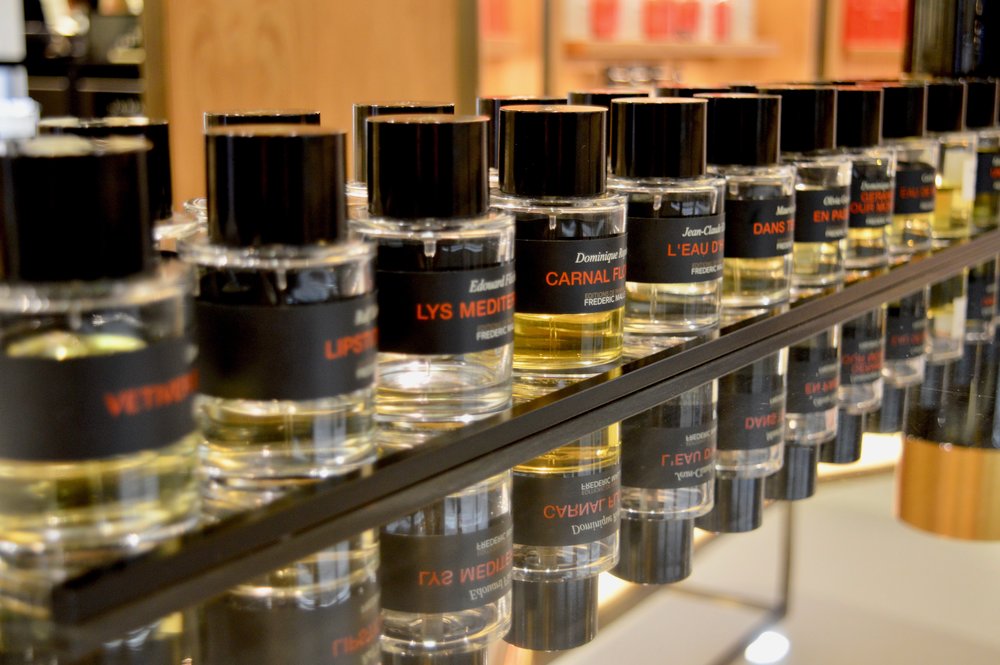
What You Need To Know As Blogger & Influencer About IP On Images
Understanding Intellectual Property (IP) and Consent
As a creator, your content, whether that’s written material, photography, or design, automatically falls under intellectual property law the moment it is created. This means that you have legal rights to how your content is used, shared, and credited. While it’s common to share content across social media, it’s equally important to ensure that you are properly credited for your work.
For example, when brands share images from your Instagram or blog, they must seek permission or credit you accordingly. Tagging your social media handles or linking back to your site is a simple but essential step to acknowledge your effort. Unfortunately, many bloggers and influencers find their images shared by brands without proper consent or credit, which not only undermines the effort that went into creating the content but also violates intellectual property law.
Our Approach to Consent
At Elle Blonde, we’ve updated our terms to clearly state that any use of our images by third party brands or companies must be credited. This includes all social media channels and any content published on our site. When brands credit us correctly, we’re happy for them to share our content as it helps us grow our readership and online following. However, when brands fail to credit us, this constitutes a violation of our intellectual property rights, and we reserve the right to take action.
What to Do If a Brand Uses Your Content Without Permission
It’s a common issue: you scroll through your feed and notice that a brand has used one of your images without asking or giving you credit. It’s frustrating, but you’re not powerless. Here’s how to address it:
Review Your Terms
Before reacting, ensure that your terms and conditions are clear regarding the use of your content. If you don’t have terms in place yet, now is the time to implement them. This way, both you and the brand know the rules from the outset.
Reach Out to the Brand
Politely contact the brand, informing them that they have used your content without credit or consent. Request that they credit you properly by linking back to your blog or tagging you on social media.
Invoice for Usage
If the brand refuses to credit your work, or if they are using your image for commercial gain without permission, you are within your rights to send them an invoice for the use of your image. The fee should reflect the value of your content and the exposure or revenue the brand has potentially gained from its use.
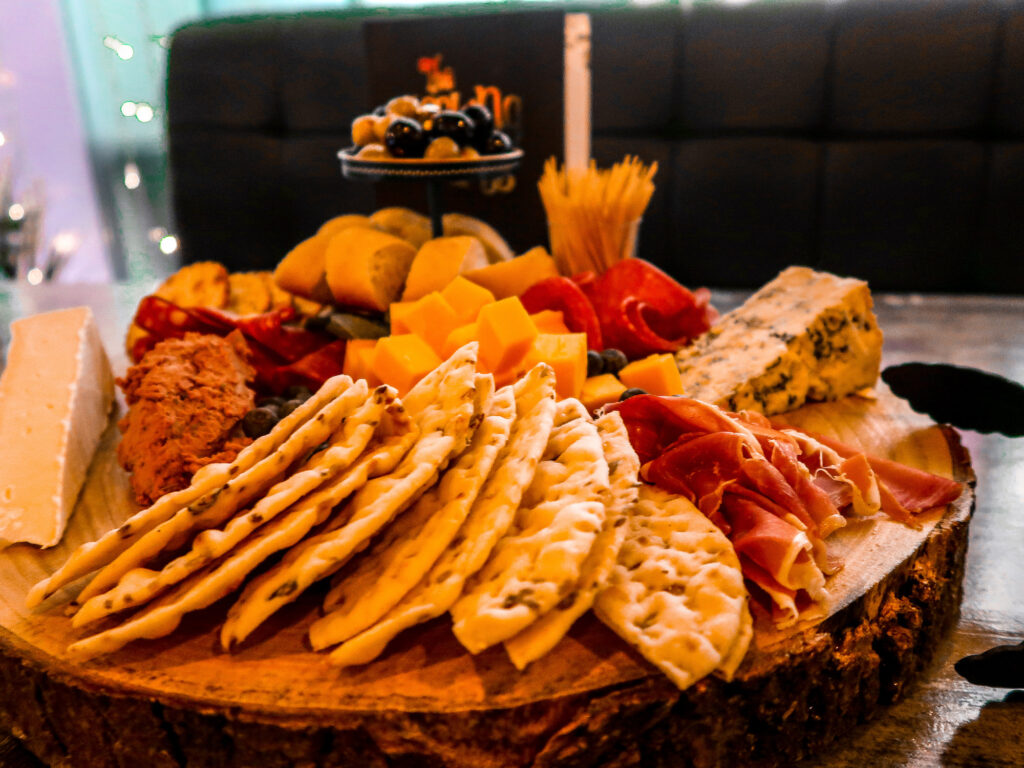
Our Terms at Elle Blonde
We’ve clearly outlined that if brands use our images without credit, they are in violation of our IP rights. In such cases, we will issue an invoice to cover the commercial use of the image. This ensures that brands respect our work and understand that intellectual property has value. By standing firm on these principles, we’re helping to set clear boundaries within the industry.
Why Protecting Your Content Matters
As content creators, it’s easy to fall into the mindset that sharing is part of the job. But protecting your intellectual property is vital for maintaining the value of your work. Allowing brands to use your content without credit or compensation not only devalues your effort but sets a dangerous precedent for others.
The more we, as a community of bloggers and influencers, take action to safeguard our work, the stronger the industry becomes. Brands will be forced to respect the value we bring to the table, and future opportunities will be based on mutual respect and fair collaboration.
What We’ve Done on Our Website
At Elle Blonde, we’ve taken several steps to ensure that our intellectual property is protected:
- Updated Terms & Conditions – We have a dedicated section on our website that outlines the terms of use for all images and content published on our site. This makes it clear that brands and companies are welcome to share our content, but only if proper credit is given. Failure to comply with these terms will result in invoicing or further legal action.
- Automatic Protection – By creating and publishing content, our images are automatically protected under intellectual property laws. However, by clearly stating this on our site, we make it known to brands that we are actively monitoring and enforcing these rights.
- Proactive Monitoring – We regularly check for unauthorised use of our images across social platforms and third-party websites. Tools like reverse image searches help us identify where our content is being used, allowing us to take appropriate action if necessary.
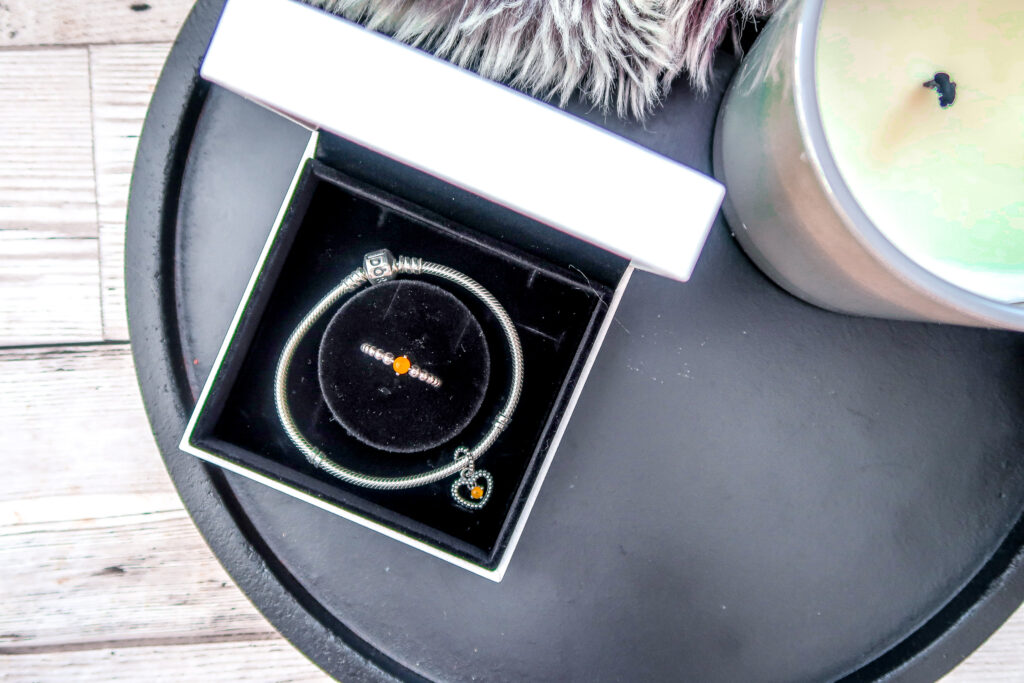
Intellectual property rights are something every blogger and influencer needs to take seriously. By ensuring that your content is properly credited or compensated, you protect the value of your work and help elevate the standards within the industry. At Elle Blonde, we’ve made it clear that our content is valuable, and we expect brands to respect that.
As more bloggers and influencers take similar steps, we’ll see a more professional, respectful environment emerge, one that recognises the creative efforts that go into building successful online content. Remember, your work has worth. Make sure it’s protected.
Have you updated your IP terms? Let us know in the comments below, and feel free to share any tips you have for protecting your intellectual property as a content creator.
Pin me for later ?


